Ways to help your recovery and things to look out for after your egg retrieval
So you’ve just had your egg retrieval (congratulations!), and you’re ready for egg retrieval tips for afterward. You’ve just accomplished a major fertility milestone, and now it’s time to rest, relax, and think about next steps. Here are some tips for your egg retrieval, including when to call your clinic.
Egg Retrieval Tip #1: It’s Relaxation Time!
Many people feel fine after their retrieval, but even if you are feeling 100%, it’s still important to rest and relax to allow your body time to heal. The egg retrieval is a medical procedure, after all, and your body needs to rest so it can fully recover. After you are driven home from the clinic by a responsible adult, take the rest of the day off. Maybe that looks like snuggling into a cozy couch or your bed, ordering your favorite take out, and watching a movie or reading a good book. If you have children, try to make sure you are not their only caretaker that day, if at all possible. Basically, the only person you should be taking care of is…you!
Egg Retrieval Tip #2: Be Prepared for Pain Management
In our experience, patients are usually able to manage any pain after the retrieval with a prescription strength pain medication the evening of the retrieval and over the counter pain medications for the next day or two. Typically, patients say that recovery wasn’t as bad as they thought. If you experience pain that 1) is not controlled by medication, 2) gets worse, or 3) is stronger than you expected, call your clinic to check in.
Egg Retrieval Tip #3: Watch Out for OHSS
Ovarian hyperstimulation syndrome (OHSS) occurs when fluid from follicles leaks out and collects in the abdomen and pelvis. It can occur in the days after an egg retrieval, and it’s important to look out for the signs and symptoms. OHSS is usually mild, but it can become severe in rare cases. Look out for:
● Significant abdominal swelling
● Nausea, vomiting, or diarrhea
● Sudden weight gain (2-3 lbs in under 24 hours)
● Shortness of breath
If you experience any of these symptoms, call your clinic. You can also discuss OHSS with your doctor before the retrieval; they may recommend increasing your protein and electrolyte intake beforehand to reduce the risk.
Egg Retrieval Tip #4: Be Prepared for Constipation
Constipation is common after egg retrievals, because of the extra progesterone in the body, the use of narcotic pain meds, and decreased movement while resting. Constipation can make recovery more uncomfortable. Talk to your team about ways to manage constipation; they may recommend stool softeners, hydration, increased fiber intake, and other tips and tricks for your care.
Egg Retrieval Tip #5: Expect a Heavier Period than Normal
Just like the extra hormones produced during the egg retrieval process can cause constipation, they can also cause a heavier than normal period after the procedure. The higher level of hormones and a thicker uterine lining often lead to a heavier flow and more cramps.
If you are doing a frozen embryo transfer, you can expect a period 7-10 days after the retrieval, which may be heavier than usual. If you have a fresh embryo transfer after your retrieval, then getting your period afterwards can be heartbreaking. Hopefully, you will be pregnant and not have a period. If you do, though, know that it may be heavier than normal.
Take a deep breath – the retrieval is over, and now it’s time to relax! Give yourself the day to rest and recuperate, and keep an eye out for common (and less common) aftereffects. For more egg retrieval tips, contact us – we’re happy to help.
Here is a video from PNWF’s DR. LORA SHAHINE on tips for your egg retrieval recovery:


